When all of you encrypted your files, including pictures, music, videos and documents, it is very likely that the Bitcoinpay@india.com Ransomware has penetrated into your computer and their task as done. The Bitcoinpay@india.com Ransomware is mainly for this reason called Ransomware-like infection. Although this threat was recently discovered by experts, who have specialized in the area of cybersecurity, differs at all from other similar infections that have an E-Mail address in their name, for example Bitcoinpay@india.com Ransomware, Guardware@india.com Ransomware and Melme@india.com ransomware. These lock the personal files of the user that are stored on your computer, and then leave a ransom demand that prompt the user to send an email to obtain more information about the decryption of the files to the specified E-Mail address.
Although these Ransomware infections do not inform users, that is, to buy the decryptor and then to use, the only way to decrypt the files, there is no doubt that threats that fall into the category of Ransomware, aim to get money from the users. (Transfer no money on the cyber criminals, no matter how badly you want your files back, because a) they could not send the decryption tool, after you have transferred the money and b) they will develop continue to file encrypted threats if they always get what they want.
Ransomware infections are really dangerous threats that penetrate secretly into computer and then immediately begin perform their activities. Of course, you scan the computer first, to find the user’s personal files and encrypt them. Then, the ransom note is displayed. The Bitcoinpay@india.com Ransomware is no exception. It encrypts files using the algorithm AES-256 in the moment she manages to penetrate into the computer. All these encrypted files will get a new file name extension. . {Bitcoinpay@india.com} in addition to the original extension (including the picture.jpg. {}) Bitcoinpay@India.com}). it takes so not long to realize that this threat is affecting almost all files, except those who are known to be system files. Once the Bitcoinpay@india.com Ransomware has finished encrypting these files, she deposited a picture called decryption instructions.jpg which includes the ransom demand on the computer and then opens this file for the user. Surprisingly, it contains many information:
Even though this ransom demand suggests not much, there is no doubt that the user will be prompted to buy the decryption tool, if you email writing cybercriminals Yes, it possibly might be to decrypt the files without the tool; There is however no guarantee that the tool will be sent to you and you can use it after the payment. Therefore, you should spend no money for software that may not even have the cyber criminals. Restore instead of your files from a backup, which you have created before this malicious application is entered into the computer. Should such a back-up does not exist, you should wait until a free decryption tool will be released. It could be that the specialists will soon develop this.
There is not much information about the distribution of these Ransomware infection; It is clear, however, that it usually penetrates without consent in computer. On the basis of previous experience of researchers at 2-delete-spyware.com this Ransomware brings infection, when a user opens an attachment in a spam E-mail. The cyber criminals know that many users steer clear of these E-Mails, which is why they look harmless let. For example, you might find an attachment in this spam-E-mail, which looks like a Bill, but in reality is a malicious file that installs a Ransomware infection. To protect your computer, you should ignore all spam emails, you get first. Secondly, you should install a trusted security tool. If you think it’s always enabled in the system, malicious applications have no chance to penetrate into the computer.
The removal of the Bitcoinpay@india.com Ransomware many users find quite challenging, because it created arbitrary files that are hard to find. Also it makes changes to the system directory before (more specifically the directory key versions), so that she are automatically restores, after the system is restarted or shut down. The instructions below will help you manually delete the Bitcoinpay@india.com Ransomware, but keep in mind that it is also possible to delete them (this method requires less effort of the user) automatically. 2-delete-spyware.com experts recommend the use of SpyHunter’s malware remover to automatically remove this infection.
Delete the Bitcoinpay@india.com Ransomware
Warning, multiple anti-virus scanners have detected possible malware in Bitcoinpay@india.com Ransomware.
| Anti-Virus Software | Version | Detection |
|---|---|---|
| ESET-NOD32 | 8894 | Win32/Wajam.A |
| Kingsoft AntiVirus | 2013.4.9.267 | Win32.Troj.Generic.a.(kcloud) |
| VIPRE Antivirus | 22702 | Wajam (fs) |
| Tencent | 1.0.0.1 | Win32.Trojan.Bprotector.Wlfh |
| McAfee | 5.600.0.1067 | Win32.Application.OptimizerPro.E |
| Malwarebytes | 1.75.0.1 | PUP.Optional.Wajam.A |
| VIPRE Antivirus | 22224 | MalSign.Generic |
| K7 AntiVirus | 9.179.12403 | Unwanted-Program ( 00454f261 ) |
| McAfee-GW-Edition | 2013 | Win32.Application.OptimizerPro.E |
| Baidu-International | 3.5.1.41473 | Trojan.Win32.Agent.peo |
| NANO AntiVirus | 0.26.0.55366 | Trojan.Win32.Searcher.bpjlwd |
| Qihoo-360 | 1.0.0.1015 | Win32/Virus.RiskTool.825 |
| Dr.Web | Adware.Searcher.2467 | |
| Malwarebytes | v2013.10.29.10 | PUP.Optional.MalSign.Generic |
Bitcoinpay@india.com Ransomware Behavior
- Slows internet connection
- Bitcoinpay@india.com Ransomware Shows commercial adverts
- Modifies Desktop and Browser Settings.
- Distributes itself through pay-per-install or is bundled with third-party software.
- Common Bitcoinpay@india.com Ransomware behavior and some other text emplaining som info related to behavior
- Bitcoinpay@india.com Ransomware Connects to the internet without your permission
- Changes user's homepage
- Installs itself without permissions
- Shows Fake Security Alerts, Pop-ups and Ads.
Bitcoinpay@india.com Ransomware effected Windows OS versions
- Windows 10
- Windows 8
- Windows 7
- Windows Vista
- Windows XP
Bitcoinpay@india.com Ransomware Geography
Eliminate Bitcoinpay@india.com Ransomware from Windows
Delete Bitcoinpay@india.com Ransomware from Windows XP:
- Click on Start to open the menu.
- Select Control Panel and go to Add or Remove Programs.
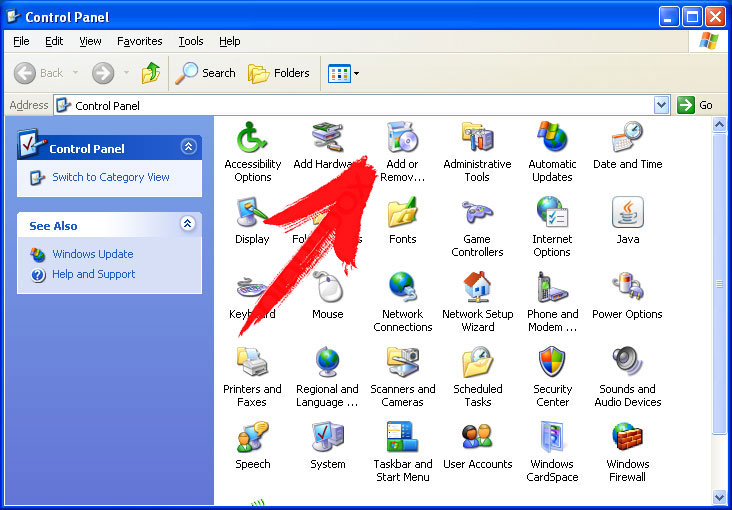
- Choose and remove the unwanted program.
Remove Bitcoinpay@india.com Ransomware from your Windows 7 and Vista:
- Open Start menu and select Control Panel.

- Move to Uninstall a program
- Right-click on the unwanted app and pick Uninstall.
Erase Bitcoinpay@india.com Ransomware from Windows 8 and 8.1:
- Right-click on the lower-left corner and select Control Panel.
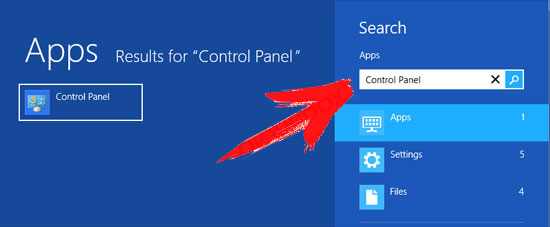
- Choose Uninstall a program and right-click on the unwanted app.
- Click Uninstall .
Delete Bitcoinpay@india.com Ransomware from Your Browsers
Bitcoinpay@india.com Ransomware Removal from Internet Explorer
- Click on the Gear icon and select Internet Options.
- Go to Advanced tab and click Reset.
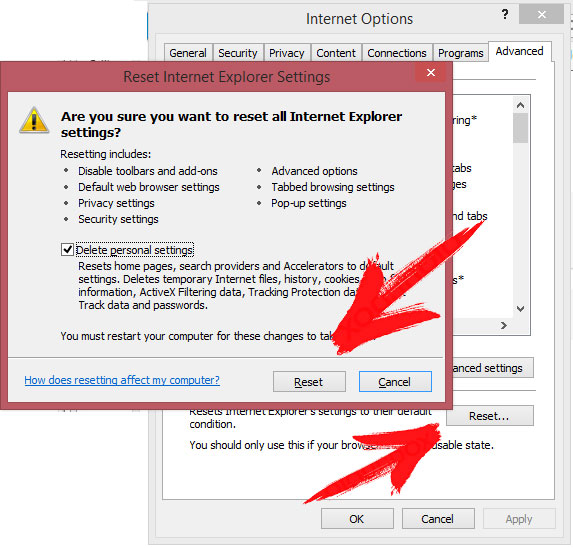
- Check Delete personal settings and click Reset again.
- Click Close and select OK.
- Go back to the Gear icon, pick Manage add-ons → Toolbars and Extensions, and delete unwanted extensions.
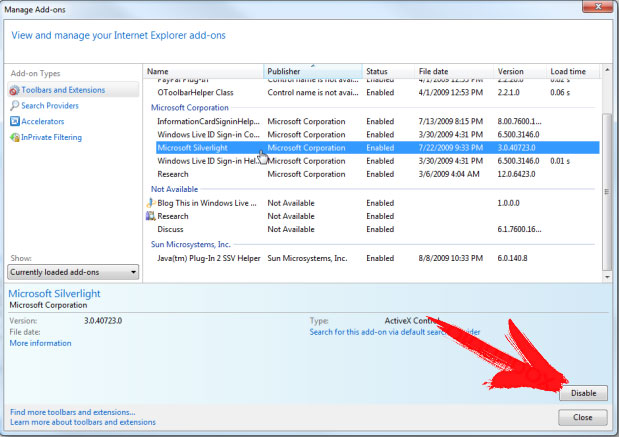
- Go to Search Providers and choose a new default search engine
Erase Bitcoinpay@india.com Ransomware from Mozilla Firefox
- Enter „about:addons“ into the URL field.
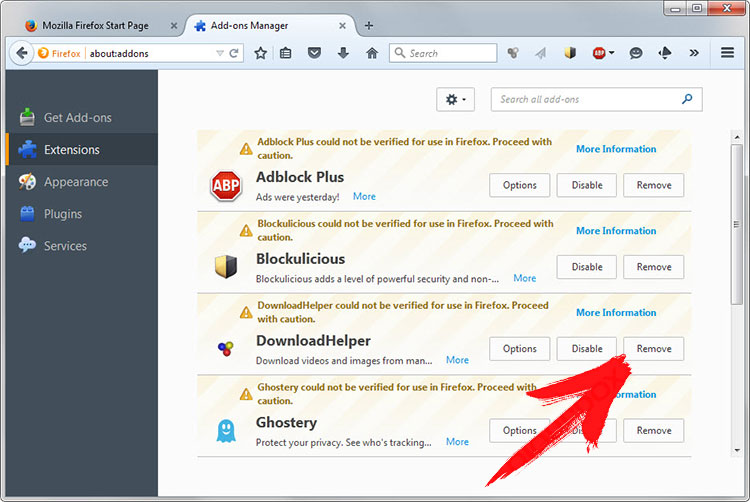
- Go to Extensions and delete suspicious browser extensions
- Click on the menu, click the question mark and open Firefox Help. Click on the Refresh Firefox button and select Refresh Firefox to confirm.
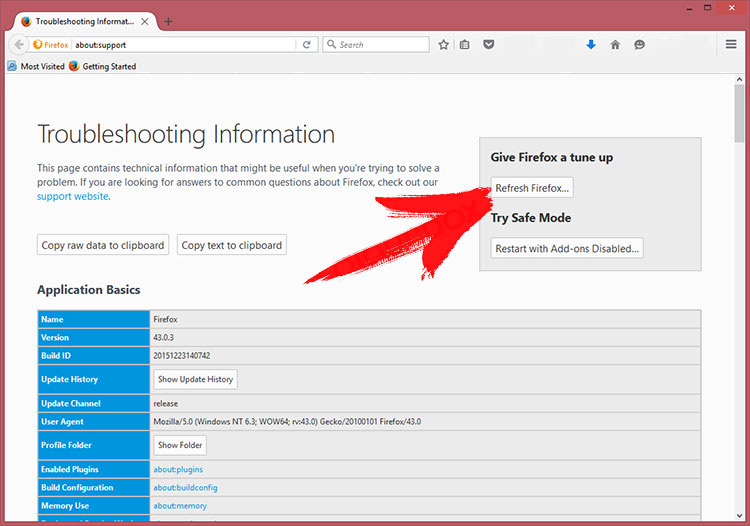
Terminate Bitcoinpay@india.com Ransomware from Chrome
- Type in „chrome://extensions“ into the URL field and tap Enter.
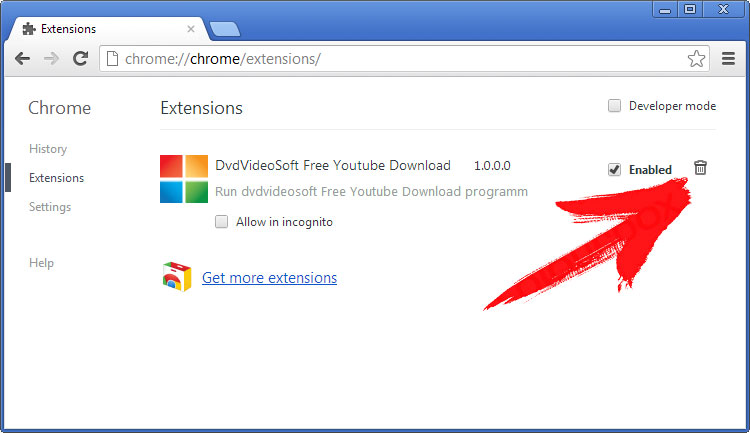
- Terminate unreliable browser extensions
- Restart Google Chrome.
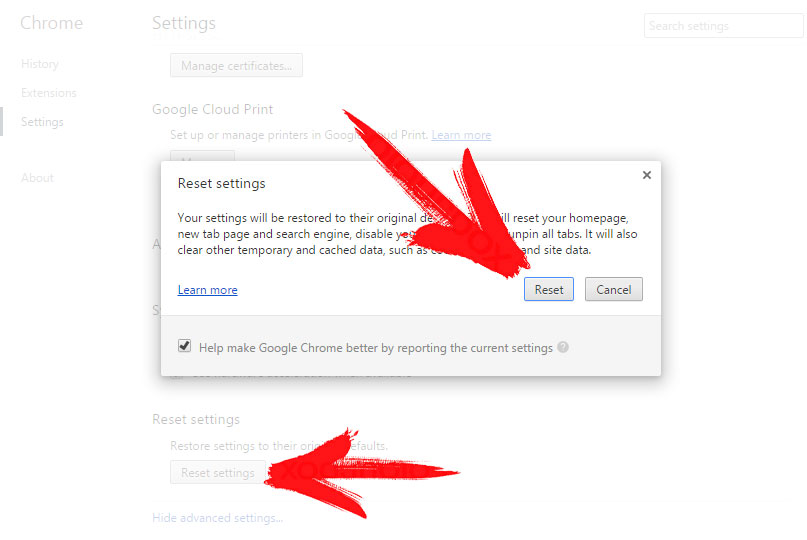
- Open Chrome menu, click Settings → Show advanced settings, select Reset browser settings, and click Reset (optional).